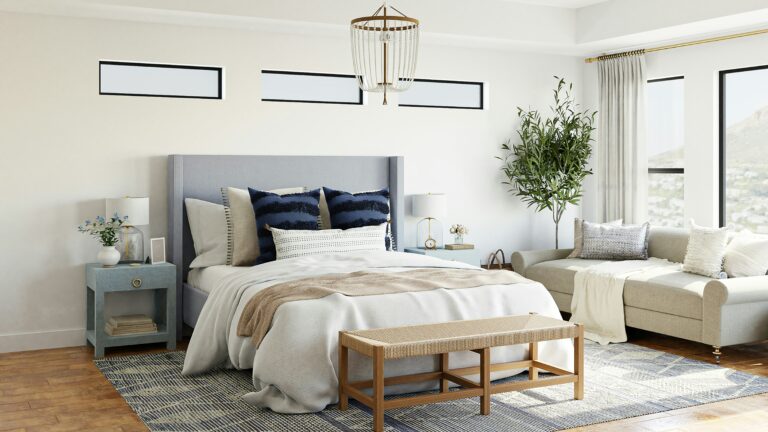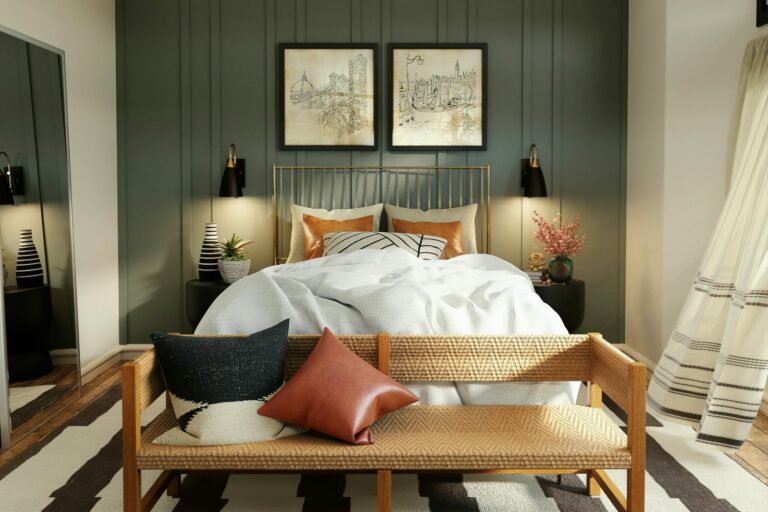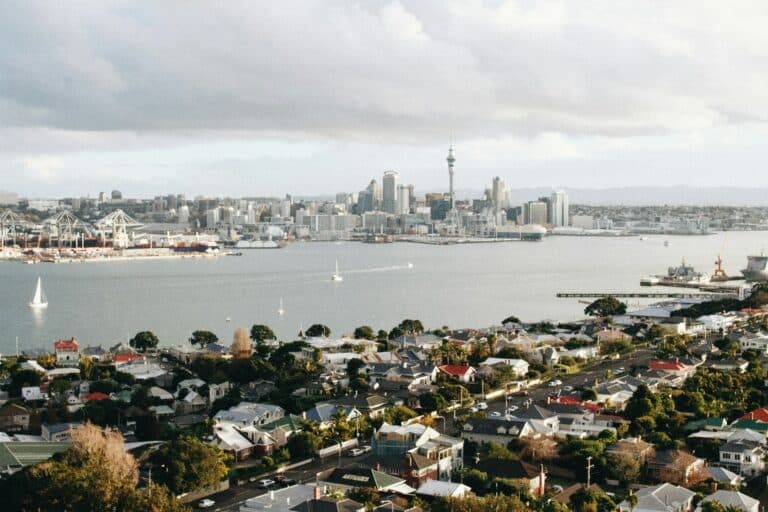It’s the year 2020: digital solutions are at the heart of the hotel industry
What is a hotel property management system?
PMS stands for ‘property management system’ – and it refers to the software that accommodation owners use to run their business.
PMS software systems are designed to strengthen efficiency of, and manage daily practices for hotels and hoteliers.
The messy spreadsheet, or stack of books are no longer the efficient approach – they’re confusing, timely, and often stressful. Hoteliers don’t have time to sift through stacks of paper, or spend hours staring at a confusing spreadsheet – the industry is going completely digital.
What does this mean? Cloud-based, remote-access PMS software (like Preno).
For accommodation owners who have been in the industry for some time, this might sound daunting – but in fact, it’s very simple.
Read on to see how a PMS software can significantly improve the way your accommodation does business…
PMS software meaning: what is the technical definition?
Hotel property management software integrates every detail
PMS software refers to computer systems that organise and schedule the day-to-day operations of a business. For the hotel industry, PMS software digitally facilitates hotel reservation management, hotelier administrative tasks and general accommodation practices.
A great hotel property management software integrates everything from housekeeping to payment processing, to bookings, to guest preferences – it synchronises individual departments and processes with one another, ensuring coordination across all areas of a hotel.
All information is stored in one simple place, automated by artificial intelligence (built within your PMS software). It connects seamlessly across convenient and relevant, departments and platforms (both internal and external) – including booking channels and online travel agents.
PRENO TIP
Within the Preno software, both front and back office data and processes are organised and integrated for your convenience. All changes and actions are also logged and recorded. This minimises communication gaps across departments.
The importance of property management systems
How does PMS software provide competitive advantages for hoteliers?
For years, the accommodation industry has thrived off the desire to travel, and the need for a home-away-from-home. But as the desire to travel has grown exponentially, so has the competition.
Hoteliers are consistently having to re-look at the way they do business, so as to remain competitive. With more and more accommodation providers popping up, sticking with the usual approach just isn’t enough.
ENJOYING WHAT YOU’RE READING? JOIN OUR NEWSLETTER EMAIL LIST
Join our newsletter list & receive helpful hotelier tips & tricks, industry trends & more!
So how does hotel property management software help?
By having a strong PMS software in place, hoteliers are not only left with more time on their hands, they’re provided with reporting tools to make improvements with, and personalisation tools to enhance guest experiences.
PRENO TIP
Going the extra mile to provide personalised guest experiences will help you stay ahead of competitors. Try considering less-traditional methods, or adding personal touches that stand out from the crowd, and are memorable for guests. For example; personalising guest room decor.
Optimising PMS software to go beyond guest expectations
Great hotel property management systems enable you to create guest profiles, and remember individual preferences. They help you to connect with guests on a human level – going beyond basic service standards.
It might be as simple as remembering a guest’s coffee order, taking note of this and offering it to them on their next visit. Small details like this make a guest feel special and comfortable while staying at your property – which in turn, creates exceptional guest experiences.
No matter how small, adding personal touches to a guests stay, gives you a competitive edge
The bottom line is, anyone can have a clean hotel and friendly staff, but only those who go that little bit further to personalise a guests experience, are those who will achieve ‘wowing’ the guest.
Hotel PMS software: key features & benefits
The powerful elements of a great hotel property management system
From cloud-based integration across online booking sites, to simplified administration, to personalised guest experiences, there are many benefits of a great PMS software…
Front desk & reservations
- Check-in & outs
- Booking details
- Occupancy rates
- Guest profiles
Distribution channel management
- Integration with channel managers
- Links to OTA’s (e.g. booking.com)
- Automated emails
Housekeeping tools
- Room status’
- Special requests (e.g. wine in room)
- Instant room updates
Customer relationship management
- Record guest details
- Remember special preferences (e.g. preferred room)
- Create guest profiles
- Send personalised emails
- Remember guests names
Hotel reporting & solutions
- Data analysis
- Automated revenue & occupancy reports
- Tools to track performance
- Tools to make improvements & stay competitive
Integration of front & back office
- Improved communication across departments
- Assess practices to improve marketing
- Hearing the customer voice
PRENO TIP
Cloud-based PMS systems like Preno allow housekeeping and other hotel staff to update room status’ and other important day-to-day hotel operations from their smartphone or tablet. This provides convenient, and seamless communication across departments, no matter where staff members may be located.
When it comes to PMS software, the simpler, the better
So, what property management software is best?
Now that you know the answer to “what is a PMS system”, you’re probably wondering how to choose the best system for your property? The answer is: the simpler, the better.
The best PMS software for your hotel is the one that simplifies, streamlines, and frees up your time.
As a hotelier, your goal is to provide exceptional experiences for guests, so the more simplified and organised your PMS system is:
- The less time you spend on administration.
- The less confusion is caused across departments.
- The more organised your bookings will be.
- The more time you’ll have to create great guest experiences.
Still wondering what property management software is best?
Get in touch with the Preno team.





